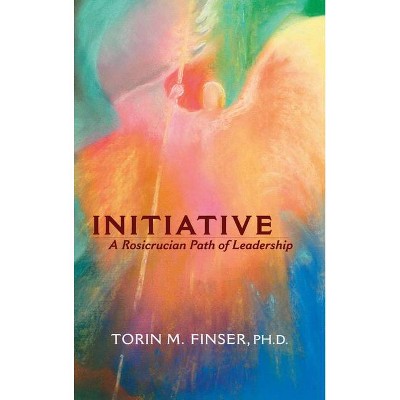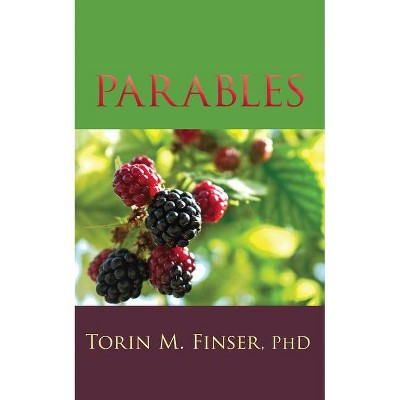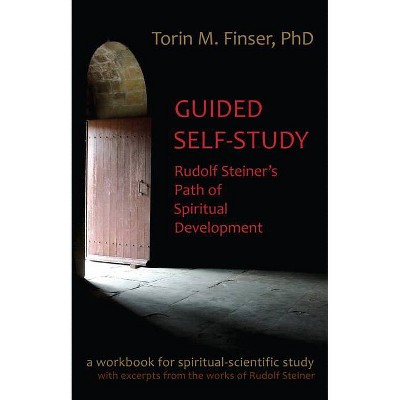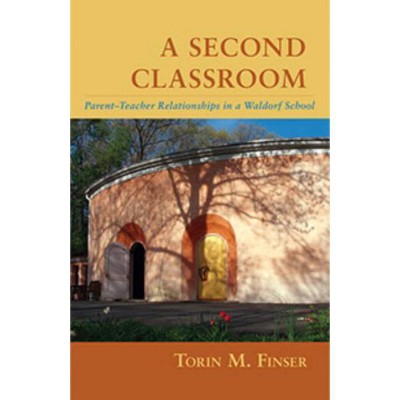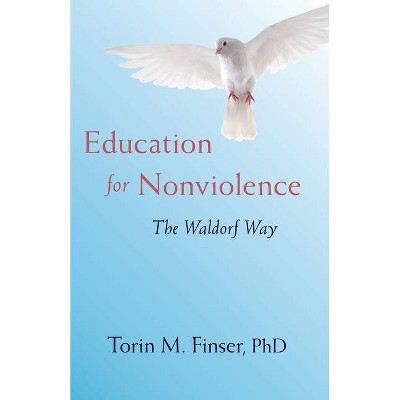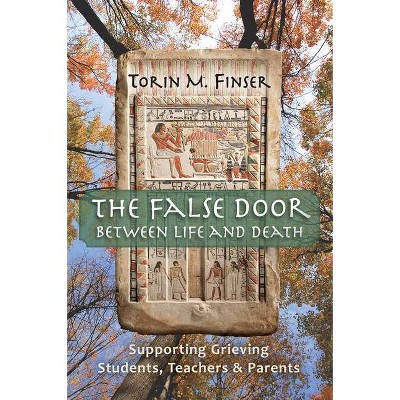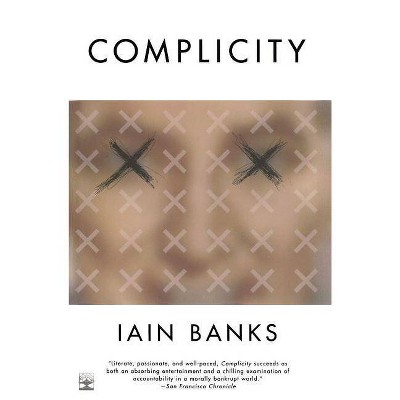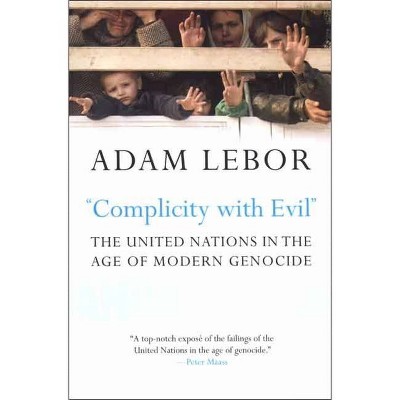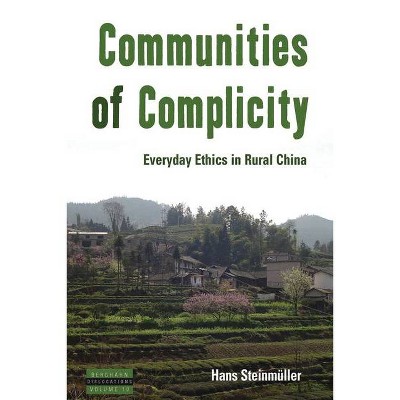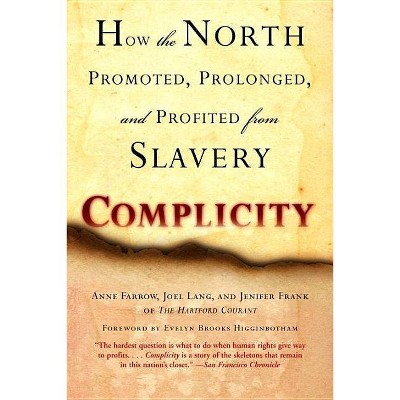Silence Is Complicity - by Torin M Finser (Paperback)
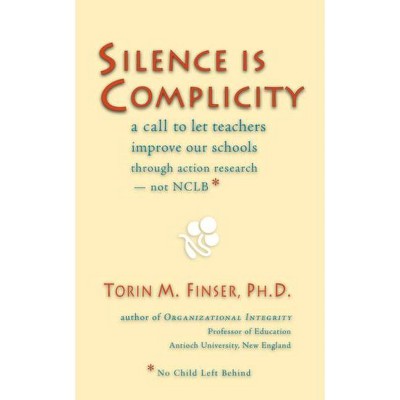
Similar Products
Products of same category from the store
AllProduct info
<p/><br></br><p><b> Book Synopsis </b></p></br></br><p>Society debates, legislates, and regulates education more than it does any other profession. It has become popular to think that democracy gives everyone an equal say in educational matters, while those in other professions are relatively free to work according to standards set by their professional organizations. It would be unthinkable to mandate that a dentist give patients a certain number of fillings per week, with anything less being labeled a "failure." Yet we allow politicians to set specific standards and test scores for our children, forcing teachers to endure countless commission reports and endless political debates about what should happen in our schools.</p> <p>What if the voices of our teachers were heard equally in today's public discourse? Teachers work with children everyday and have always understood intuitively the materials and curriculum needed. Teacher research, however, allows teachers to go beyond intuitive understanding to a level of documented inquiry that can stand the light public scrutiny in publications, news media, workshops, and town meetings. In Silence Is Complicity, Dr. Finser offers teachers the tools needed to speak out and be heard, empowering their advocacy for educational change. With first-hand experience and earned knowledge, teachers have the real authority to mandate the needs of their students.</p> <p>It's time to give teachers the necessary tools for a greater voice in educational matters. Teacher research, as outlined in this book, can support a dynamic counter-movement that empowers teachers, parents, and communities to say, "Politicians, back off!"</p> <p><strong>CONTENTS</strong></p> <p>Introduction</p> <p>1. Standards Set by the Federal Government: Who Has Been Left Behind?<br />2. Back Off, Big Brother!<br />3. Introduction to Research<br />4. Perceptions of Obstacles to Teacher Research<br />5. Reinventing Research: New Concepts, New Approaches<br />6. Why Do Research?<br />7. Seeing, Feeling, Finding Your Question<br />8. Thoughts on Research Methods<br />9. Organizing a Research Project<br />10. Sharing Research<br />11. A Collaborative Model for Teacher Research<br />12. Why Do Research? (Revisited)<br />13. Research as Teacher Empowerment</p> <p>Appendix</p><p/><br></br><p><b> Review Quotes </b></p></br></br><br>In Silence Is Complicity, Dr. Torin Finzer speaks loudly to counter balance the deficiencies in the No Child Left Behind program (NCLB). While the NCLB has a great marketing slogan that is difficult to disagree with, at its core it is an abrogation of the spirit of freedom that is the lifeblood of the Cultural realm by the Governmental realm. Additionally the Economical realm also supplants cultural ideals with an accountant's methodology, hence accountability. The central participants--children, teachers and parents are left in a strange new world that does not address the core of education, the leading of a child into adulthood. <p/> Dr. Finzer advocates that teachers should be bold in their profession. Would doctors or lawyers allow such government intervention? Teachers are the key players in a play that has the child as the book and the classroom as the stage. Why should the teachers be beholden to nonplayers who lack the connection, responsibility and daily care of children? <p/>One of Dr. Finzers solutions to thwart this takeover is to promote the Teaching Profession through teacher research. This will elevate the teacher, the profession and most importantly the students' experience. <p/>Dr. Finzer uses the term teacher researcher as Dr. Steiner would use the term spiritual scientist. Both are engaged in an internal, meditative approach that is aimed at improving all of humanity, not just the solitary ego. The teacher works on her self and her material for the benefit of her students. This selfless act benefits all. It is a free act filled with love and joy! <p/>If we are fortunate enough to have been taught by a great teacher, we look back at the experience with awe. The teacher had love for each student and love of his subject area. This heartfelt enthusiasm (gemut) for both elevated the classroom into a fertile field that has produced great fruit down the years. <p/>Dr. Finzer and I were blessed to have experienced such teachers. One was Prof. Fritz Koelln at Bowdoin College who epitomized Chaucer's famous statement concerning teachers--"And gladly would he learn and gladly teach" (The Canterbury Tales, General Prologue, line 310). <p/>Prof. Koelln started teaching at Bowdoin in 1928 and retired in 1971. While he taught, he audited a course every semester. He audited over 80 courses! Prof Koelln joked that he was the oldest undergraduate at Bowdoin and despite taking four times the number of required courses, never graduated! Prof. Koelln never stopped being a student and learned "each day anew." <p/>I cannot imagine Prof. Koelln being audited by a NCLB mentality. It would have destroyed his freedom to approach teaching as an artist and might have turned him into a pedant. <p/>Teachers can learn from themselves, other teachers and most importantly students "in media res," in the classroom. This is one of the greatest joys in teaching--to create a mood that allows for imagination, inspiration and intuition to unfold. To paraphrase Dr. Steiner, you don't really know something until you have taught it. To capture this creative joy is at the core of Dr. Finzer's approach to teacher research, which can occur anywhere including the classroom. Dr. Finzer gives practical guides on how to do that which teachers do all the time--learn so they can teach. This process becomes almost meditative in its approach. <p/>If we allow teachers the freedom to teach from their highest ideals, our children will experience that freedom. It will transform their lives. <p/>Neill Reilly<br>April 28, 2007-- (5/2/2007 12:00:00 AM)<br>
Price History
Price Archive shows prices from various stores, lets you see history and find the cheapest. There is no actual sale on the website. For all support, inquiry and suggestion messages communication@pricearchive.us
